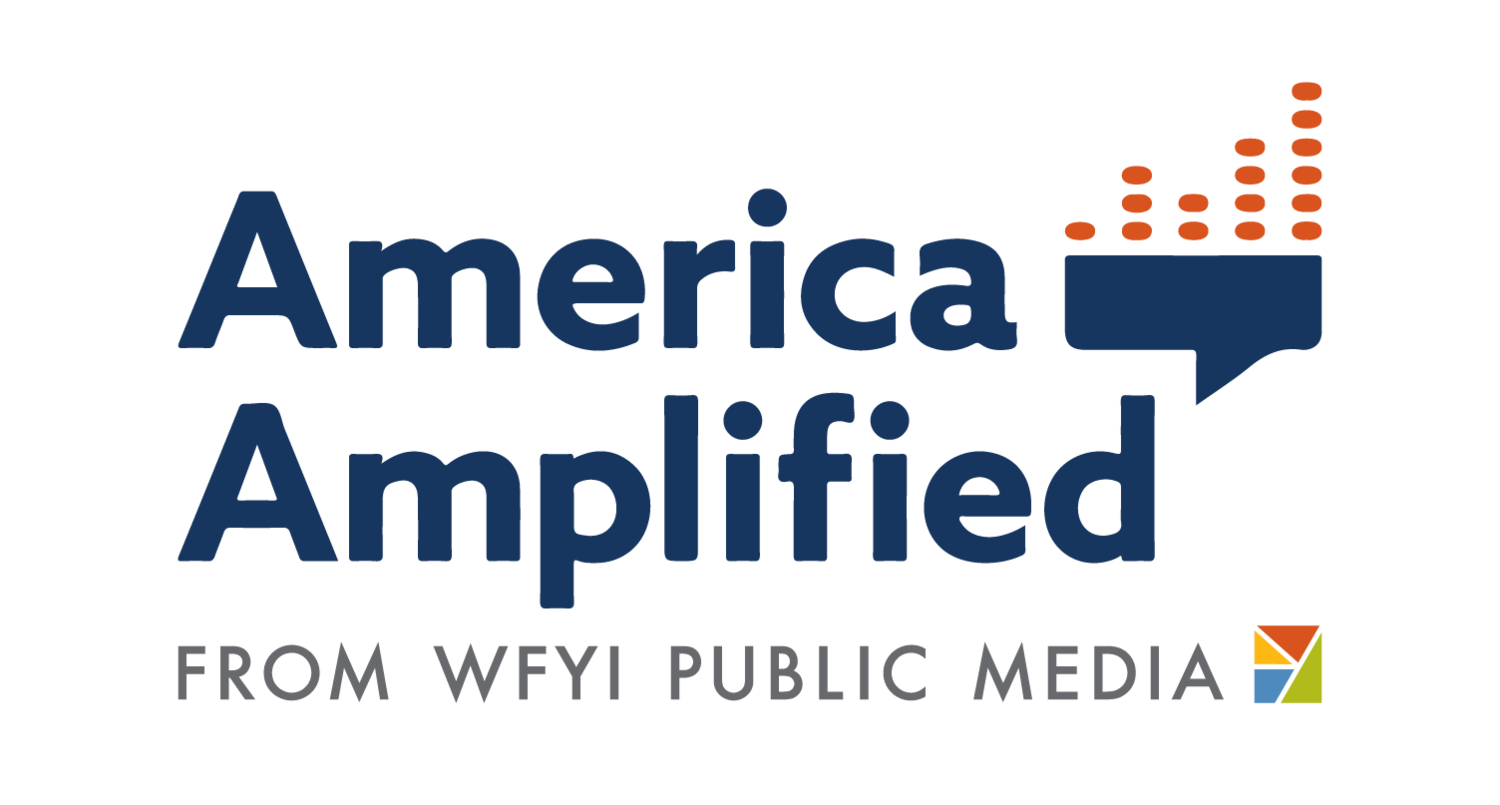Tuning into trust: How collective listening can guide us to deeper conversations with Black communities
A deep and honest conversation should be like an orchestra, with all participants listening closely to each other.
Credit: jamoimages
Engaging and building trust in any new community is challenging, but starting the same endeavor with communities that have been harmed is even more demanding. Two recent studies have emphasized the sense of harm Black communities have endured historically.
In a Pew Research Center study published in 2024, Black participants said the U.S. media “specifically characterizes them as disproportionately poor, welfare-dependent and criminal.”
Along the same lines, a study published by the Reuters Institute in 2023 examined how misrepresenting disadvantaged communities erodes trust in news. The study used data from 41 focus groups in Brazil, India, the UK, and the U.S. — including Black participants. It concluded that these communities “saw news media as not only out of touch but at times an especially harmful force that did real damage to their communities.”
As part of an effort to put together a tip sheet on engaging with these communities to regain trust, America Amplified spoke with Celeste Headlee, journalist, radio host and author of Speaking of Race: Why Everyone Needs to Talk About Racism – and How to Do It. Headlee’s expertise in fostering meaningful conversations and addressing racial biases — “trying to do this right”— offers valuable lessons for stations wanting to engage with Black and other harmed communities through deep conversations.
In her book, Headlee explains that conversations about race make people uncomfortable. Although most people are willing to have those conversations, they want to converse with those who agree with them, staying in their ideological bubbles and reinforcing their points of view.
People tend to create what Headlee calls “fairy tales.” These are not stories about magical or fantastical elements or moral lessons or values. “There are fairy tales we tell ourselves that are completely untrue,” she explained to America Amplified. “What we have said about Black cities like Detroit is entirely false. Or the fairy tales we tell about riots. We say things like, This was the largest riot since the Rodney King riots. But that's only true if you don't include any of the riots by white people.”
“These false narratives were built by our own industry — largely white industry,” she added. “We have to break away from these fairy tales and start telling the absolute truth.”
Our conversation with Headlee is excerpted below. It has been edited for length and clarity:
How can we break away from those fairy tales?
The first thing you have to do is stop interviewing pundits and strategists. These are literally people who get paid to give their opinions on stuff. We need to rely on the information supplied by experts who have studied particular topics for years. We all know that we have to let people tell their own stories, but the people we approach are often based on our fairy tale ideas. Let people tell their own stories without siloing them into what those stories are.
For people to tell their stories, the first step is to have honest and deep conversations with them. But to do so, we need to learn how to listen.
Why do you think it's so hard to listen?
It's difficult for us neurologically. And in the particular space that we're in right now, which is a very distracted society, we go into these conversations preparing what we're going to say. We don't go in preparing what we might ask, what the other person knows that we don't know. Research shows us that to improve your listening, you have to work on your listening skills consciously.
How can we do that?
The easiest way to do it is through perspective-taking and giving. You sit down to talk to someone, and they tell you something, and you repeat what you heard. You make sure that you understand what they are saying. Another way is to constantly ask yourself questions about what you are hearing. Was what I heard correct? Do I understand this?
[Headlee recommends what’s known as looping exercises, a technique that is used in conflict resolution and entails four basic steps:
Listen actively without interrupting, maintain eye contact, and use non-verbal cues to show you are listening.
Confirm understanding by restating or summarizing what you have heard to confirm you understood the other person correctly.
Clarify and correct by allowing the other person to clarify, expand, or correct any misinterpretation or misunderstanding.
Respond thoroughly and calmly after confirming understanding or ask more questions to keep the conversation constructive.]
You are also a musician, one of the few professions that trains you to listen. How has that helped you listen better?
When you are a musician, you're trained not only in terms of your part. You have to think about everybody else's contribution. Listening for a musician is a community exercise. And that is precisely the kind of listening that leads to deep understanding. Too often, conversations are not conversations at all. They're just two people talking. But a conversation, like music, requires the interplay of other people's actions. Your success depends on other people. You are interested in helping the other person succeed. It is a constant practice — like going to the gym. You have to keep doing it. It's not something where you're like, okay, I learned how to listen. Now I'm good for the rest of my life. It’s a discipline.
I have a friend who is a musician, and he says that when something is out of tune, first of all, you should think of yourself. What do you think about this analogy regarding listening in conversations?
I'll give you a bit of science to prove your friend is correct. More than four out of five people say a past relationship has been damaged because of poor communication. Fewer than one in five think it was their fault. Do that math and see that we are pretty much always blaming the other person. When a conversation goes bad, we immediately think They weren't listening to me; they interrupted me. We never think about what we could have done to make it go better. And because we're not questioning our habits, we're just repeating the same mistakes over and over again. With music, you don't go back and listen to it and think, How did the trumpets screw it up? You go back and say, What did I do wrong?
Are there other questions we could ask ourselves when we’re trying to really listen?
There are two questions I want people to get into the habit of asking themselves. One is, What if I'm wrong? The other question is What else could this mean? When people say things that bother us, we assume the absolute worst. Can we give that grace to everybody and assume that it's not the worst possible thing?
What else can we do to have a successful conversation with people who don’t trust us and have stopped listening to us?
You have to presume you don't know what you're talking about, and you have to approach them with absolute honesty. I did several fellowships on how to report on Indigenous communities. And one thing most Indigenous communities tell you is that they don't owe you an answer to your question. You're asking them for a gift. So you need to give first. You have to explain the whole thing. Here's where I work. Here's the story that I'm doing. Why I think it's really important. Here are the people that I've spoken with. I don't just walk up and say, Tell me your story. That would be considered very rude. And in terms of African-American communities, that's what we have to do at this point. We have to offer information upfront to establish that bond of trust and ask if they're willing to give us this gift of information. We also have to acknowledge how we've let these communities down. We're trying to do this right. So, Can you help me? Those four words are words that almost every community will respond to. Can you help me?”
Asking “Can you help me?” is more than just a question — it’s an invitation to create genuine connections with the communities we serve and build trust. These simple yet powerful words remind us that engagement starts with humility and a willingness to listen and collaborate. Improving our relationships with Black communities isn’t about having all the answers — it’s about asking the right questions to the right people and being open to learning from those we serve. We still have a long way to go, but acknowledging where we’ve fallen short is the first step toward improving. So, if you have suggestions on how we can better serve Black communities, can you help us?


